News
News / 02/17/2020 / 1847
An excellent account of viticulture in Župa is contained in an article published in the Pravda newspapers on November 10th, 1933. Owing to a comprehensive presentation of Župa winemaking, we share with you an integral text:
THIS YEAR ŽUPA WILL PRODUCE 30,000 TONS OF GRAPES
What is needed to improve this vinegrowing region? - Župa in the past and its importance for our national economy - A winemaking hub with no drunkards or criminals.
Since its beginnings, Župa has not had such an opportunity to gather numerous representatives of various European nations, comparable to the 5th and 6th of this month during a press trip to Aleksandrovac, the center of Župa region. Over 40 people took part in this excursion. There were Frenchmen, Englishmen, Germans, Poles, Czechoslovakians, Bulgarians, Greeks and 5 or 6 Yugoslav journalists.
It was a genuine international conquest of Župa, a conquest that came as a result of magnetic appeal of its famous vineyards and even more famous wine cellars. Journalists gladly and spontaneously accepted the initiative to visit this cradle of our winemaking. Gentle and hospitable inhabitants of Župa welcomed them with their unique, cordial and welcoming character. Almost entire town of Aleksandrovac had gathered in front of Džambas Hotel, where buses bringing guests from the railways station in Stalać via Kruševac arrived. Married couples were staying in private apartments, while the rest were staying in hotels: Džambas, Maksimović and Župa.
In this latter, "Župa" Hotel, a joint dinner was organized for guests and a number of invitees from Aleksandrovac and its surroundings. The guests were greeted by Mr. Miloš Petrović with a warm welcome speech. On behalf of guests, Mr. Parežanin expressed his thankfulness, followed by a series of solemn and cheerful toasts. Mr Kasteran, Glinka, Tolčev, Dr Bošnjak; Melch, Harrison, Mrzljak, Parmačević and others further gave their speech. The welcome telegram message by Former Minister, Mr. Dr. Gere Popović, who welcomed press representatives and wished them wonderful experience of Župa, was read out loud.
Various languages were spoken, so this banquet was reminiscent of the Tower of Babel. Everyone, however, had great understanding of each other, thanks to the miraculous effect of "sun milk", that was described in a poetic way with much flair by our reputed wine expert Mr. Bošnjak, PhD.
Soon, blood flowed faster, throats opened and the song echoed - perhaps not quite harmonious - because of the variety of accents - but a powerful, temperamental and enthusiastic song that could only originate from a tattered heart. A manly and thunderous song which scared the night away.
Time was really slipping away. Various wines of Župa were scattered on the table. Belgrade journalists were familiar with them, since the main market of Župa's "sun milk" is Belgrade.
- Meeting place tomorrow at 10am at the Džambas Hotel, the tour guide announced.
THROUGH VINEYARDS OF ŽUPA
Tour goers have proven to be disciplined. At 10 o'clock everyone was at the meeting place, although some have stayed up throughout the night.
We set off on a tour of Župa vineyards. We climb slowly along gentle slopes of the hills that surround Aleksandrovac from all sides and guard it jealously as a treasure.
Cloudy skies threaten with rain. In vain we attempt to see through low clouds the peaks of Mt Kopaonik, Goč and Željin.
Immediately after 100 steps, a wonderful panorama opens before us: Aleksandrovac in all its beauty. It extends on a small piece of plain on either side of Kožetinska River, in which there is no water either in winter or summer.
Someone explains that the river sinks somewhere upstream, just before entering Aleksandrovac.
- God saw that we didn't need so much water alongside all that wine, so he turned the river in another direction, the locals explain.
- Well, maybe some of you have turned the river to run through your wine cellars - one of the guests adds in jest.
-No, no, they let Belgrade restaurant owners do it, one foreigner observes.
We are climbing more and more. Vineyards all around us. Perfectly regular rows of vines, with juicy and ripe bunches hanging and waiting to be harvested.
We visit several vineyards where the owners show us different types of grapes, pick them and offer to taste. Guests enjoy picking their own bunches. Some of them are entering the vineyard for the first time. Two Czech girls are particularly enthusiastic. They pick leaves to bring home as a souvenir. Other participants in the excursion, as excited as children, run from one vine to the other, choosing nicer bunches. High heels sink into the soft and loose soil, which has been turned countless times by the tough and hard-working hands of Župa vinegrowers...
The view expands. We turn across valleys and hills toward the church. It's Sunday, so a large crowd from the surrounding villages gathered around the church. In addition to bonfire, several spit roasters are turning. Filmmakers and photojournalists have a lot of work to do.
We climb to Kumanac (Kuman Hill) where the school vineyard is located. It is already noon and we do not have time to climb to the highest peak. But even from here, we get an unprecedented view. All around us, a whole sea of vineyards. As far as the eye can see, the entire area shaped by numerous hills and coves is covered with vineyards.
- What you see from here is only one third of Župa, the locals explain.
Indeed, we only see the valley of Kožetin. There are similar valleys behind both slopes that block our view, from which on both sides hilly slopes planted with vineyards rise.
ŽUPA IN FIGURES
Župa is a miracle of nature.
Nowhere in Europe, or in the whole world, is there such a vast concentration of vinegrowing land where nothing but vineyards can thrive.
Of the 5,000 hectares of land in Župa, 4,000 hectares are under vines. This means that about 80% of Župa is covered with vineyards. Between 30 and 35 million vines have been planted in this area.
Yields from these vineyards average 25,000 to 30,000 tons a year. Some of these grapes are exported, especially to the South, whilst the largest share is processed into wine and brandy in Župa.
This year, Župa is estimated to produce about 30,000 tons of grapes.
Župa has its own special grape, which is called Rskavac (Prokupac) or Kameničarka in Župa. It is a black grape, which gives the famous Župa red wines and ružica (darker-style rosé). It is resistant to bad weather conditions, especially autumn rains, so it can be kept on the vines until mid-November, that is, until the time when new vintage wines already appear in Yugoslavia.
These grapes gave Župa the reputation of an excellent winemaking region, so it received the first prize for the best grapes and wine in Yugoslavia at this year's Agricultural Exhibition.
In addition to Rskavac, Župa has in recent years adopted Riesling grapes (translator's note: Riesling refers to Italian Riesling) for white wines and Muscat Hamburg for table grapes. Therefore, Župa is not overcrowded with various types of grapes and this allows it to have larger quantities of monovarietal wines, which gives it particular advantage for both domestic and international wine trade.
(R. Tomić)

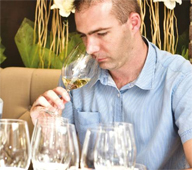
Tomislav Ivanović
Awarded wine writer, wine critic and contributor to selected wine magazines. WSET3-certified author and editor-in-chief of www.vinopedia.rs. Member of Vojvodina Sommelier Association. Juror in national and international wine competitions. Lecturing about wines of Serbia and the Balkans. Local partner of Wine Mosaic organization. Co-founder of International Prokupac Day.
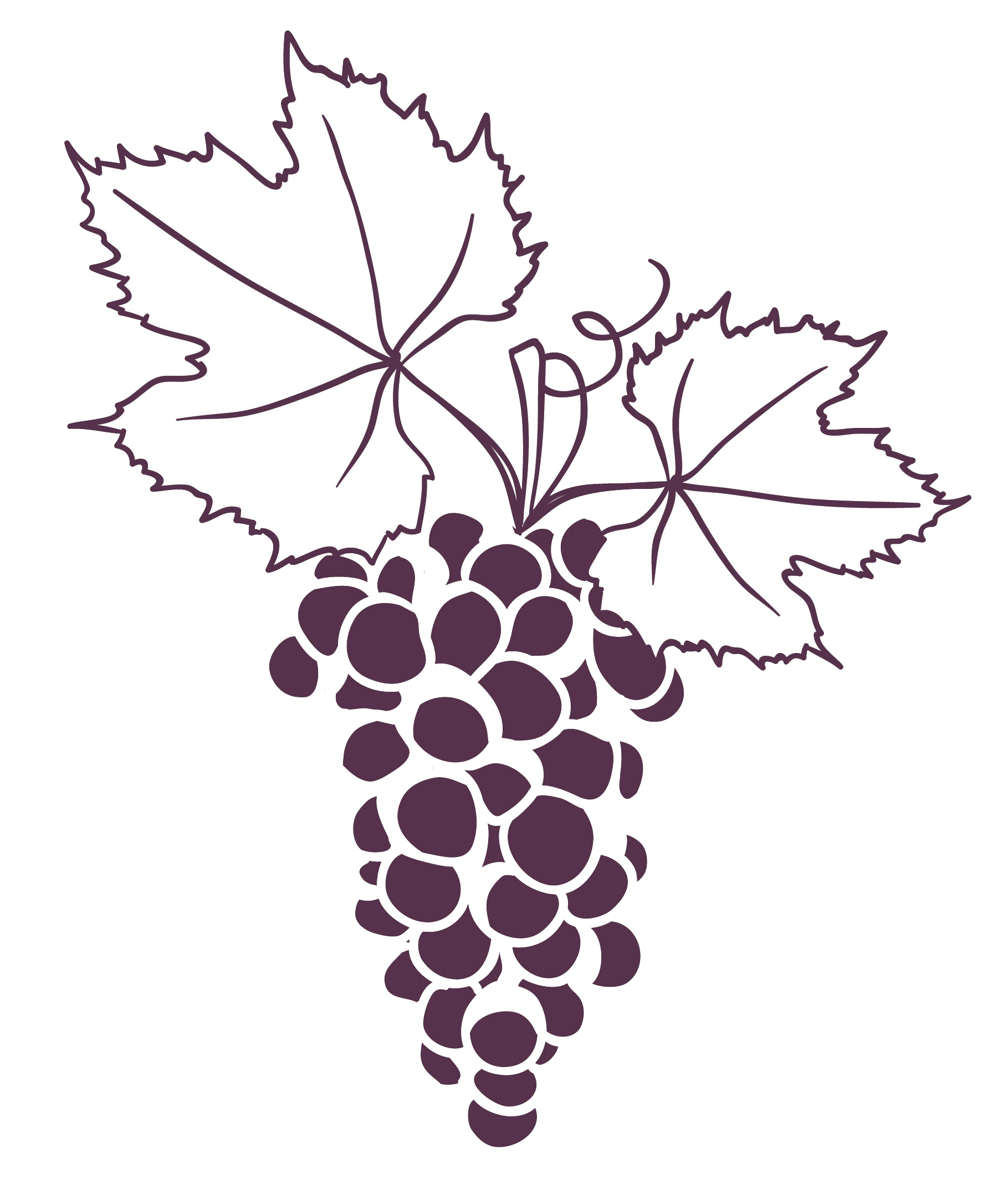
Pročitajte i druge članke iz ove rubrike:
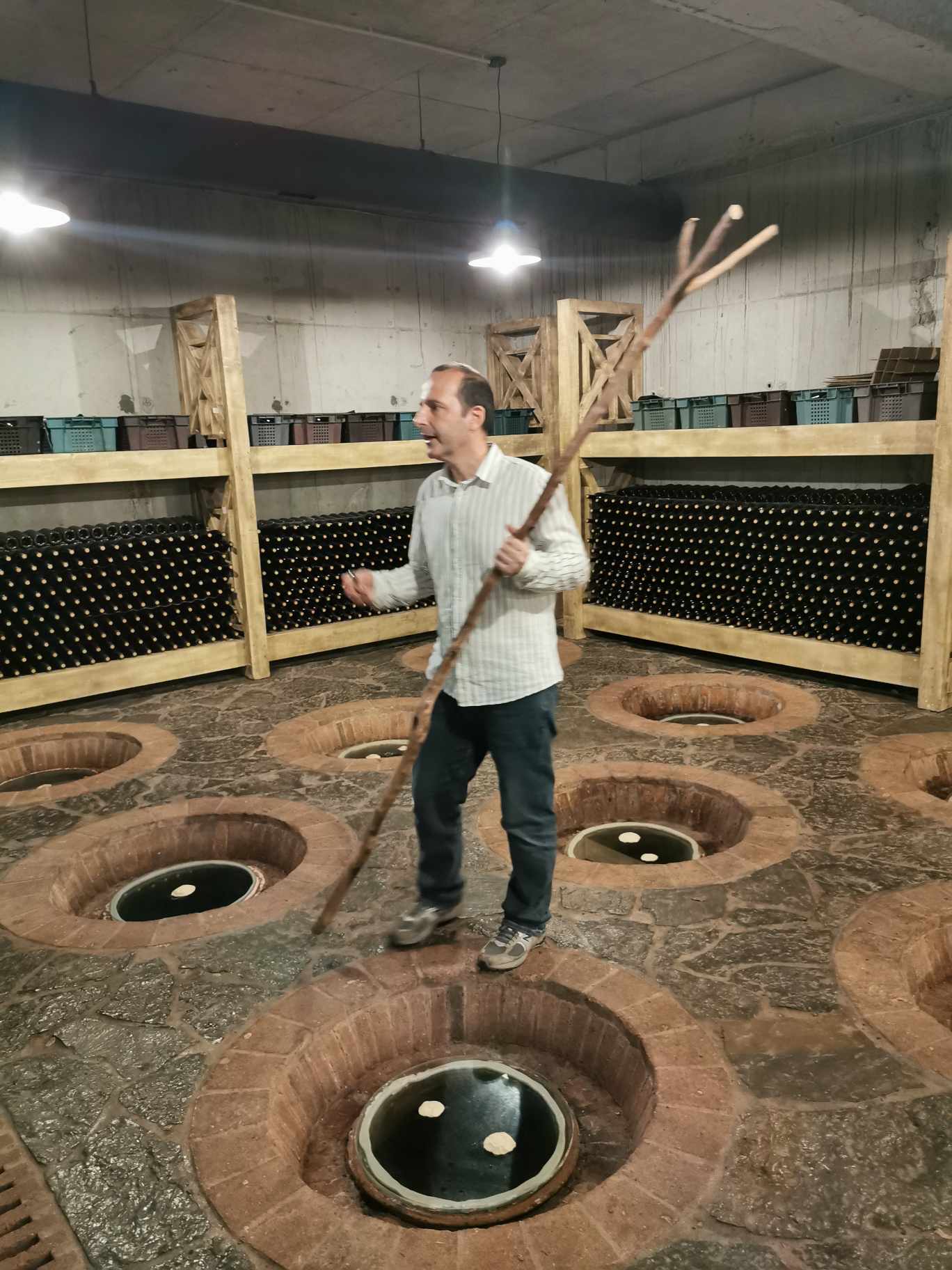

GIUAANI - VINSKI TURIZAM NA GRUZIJSKI NAČIN
PROČITAJ VIŠE
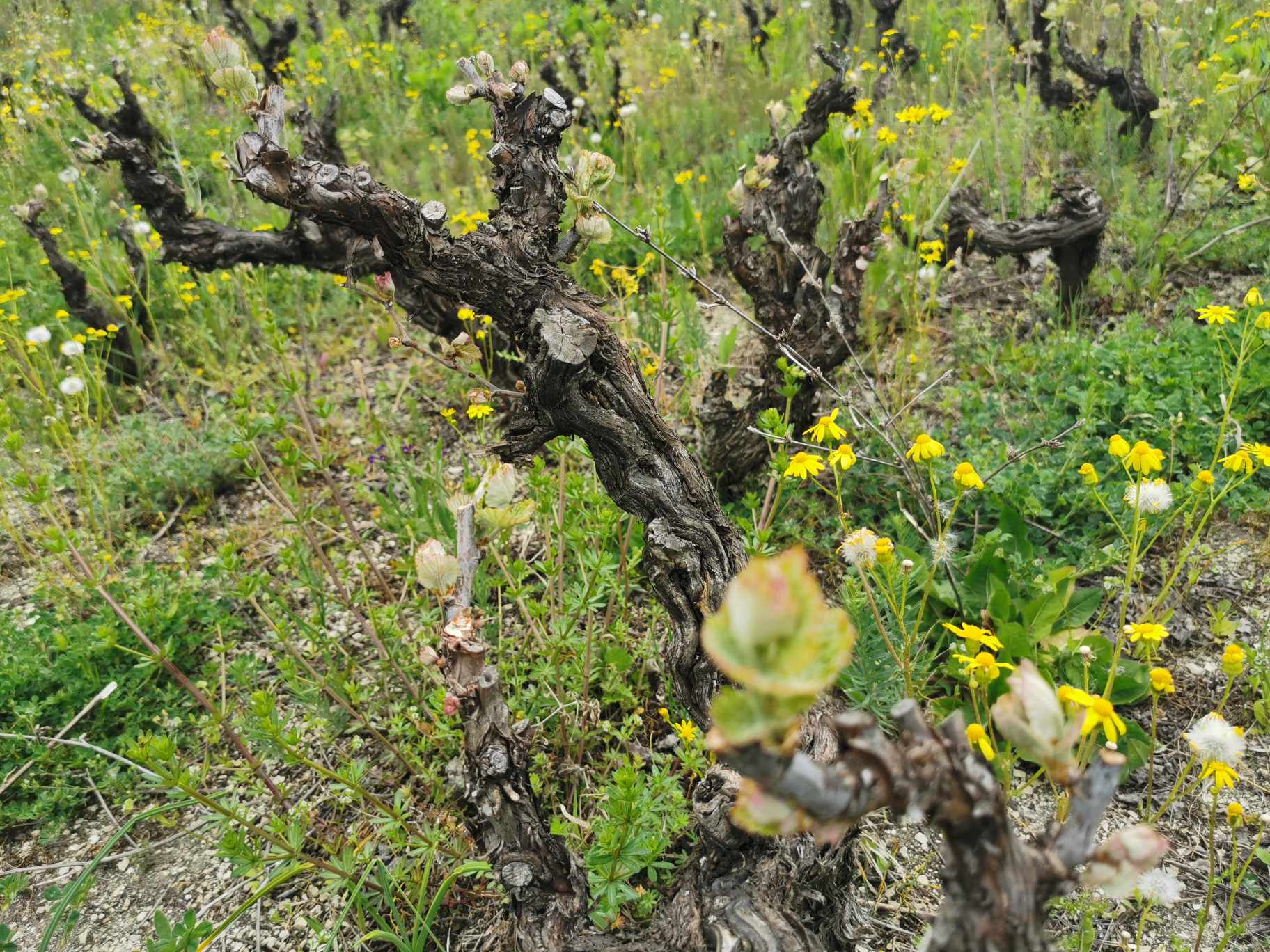

SPASIMO STARE VINOGRADE SRBIJE
PROČITAJ VIŠE
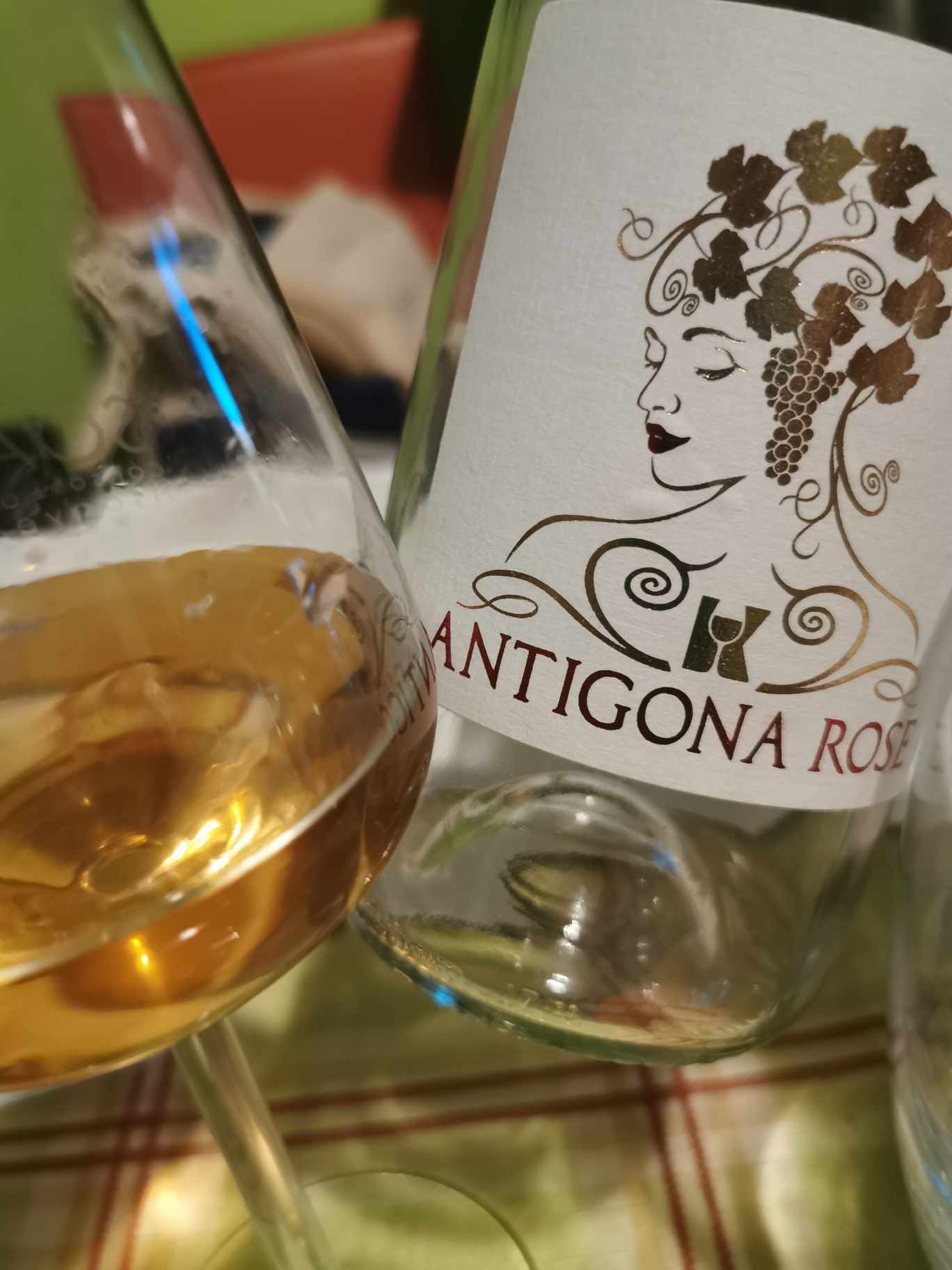

NAŠLI SMO ANTIGONU IZ ORAHOVCA
PROČITAJ VIŠE
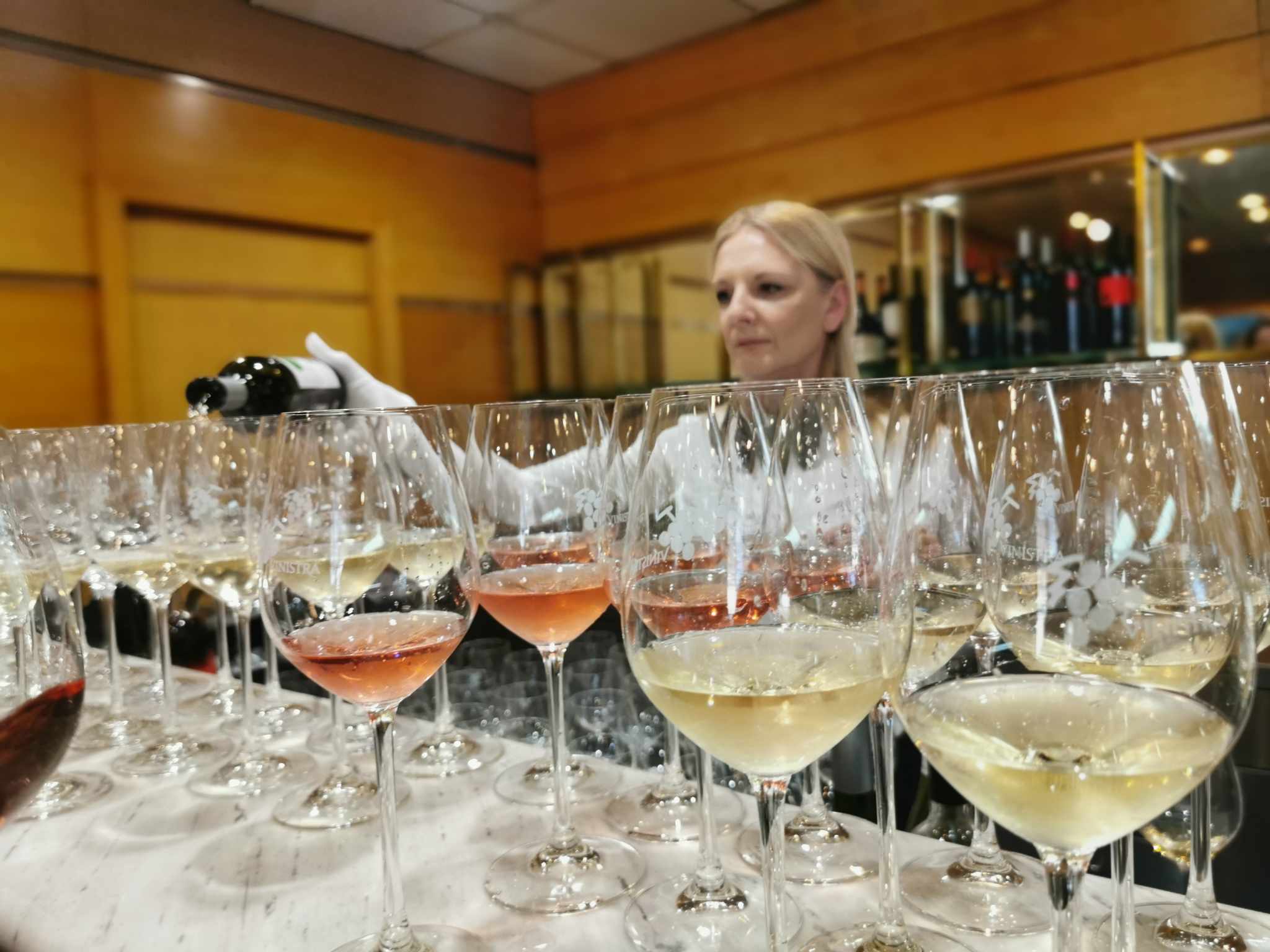

SRPSKO VINO KOŠTA 100 EUR - I ŠTA ĆEMO SAD?
PROČITAJ VIŠE
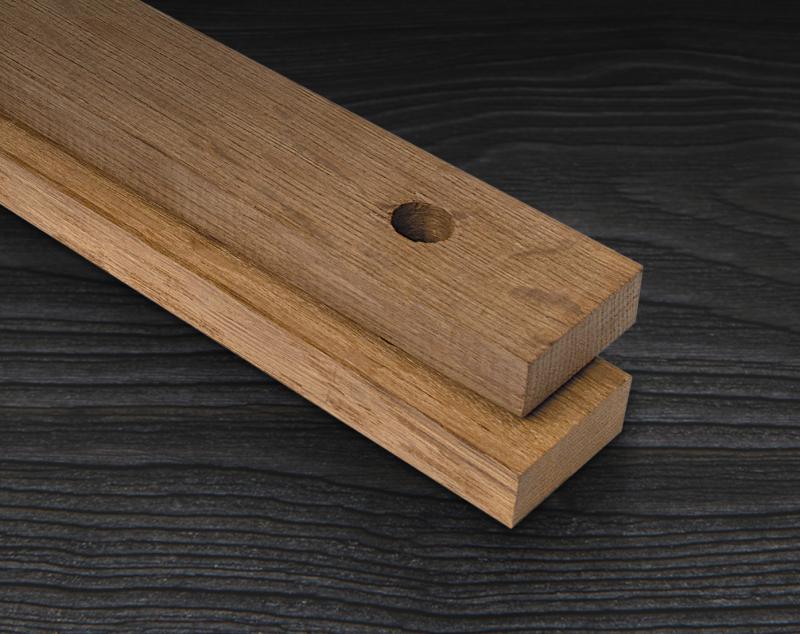

MOŽE LI VINO BEZ BURETA? IMA LI ALTERNATIVE?
PROČITAJ VIŠE
Winner MILLESIMA BLOG AWARD 2016

Pobednik MILLESIMA BLOG AWARD 2016
VINO & FINO wine personality of the year 2016
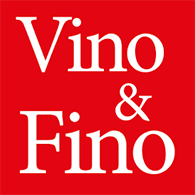
VINO & FINO vinska ličnost godine 2016